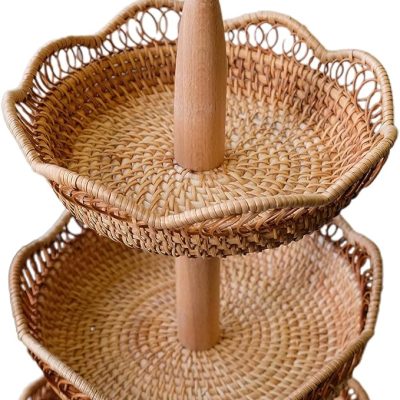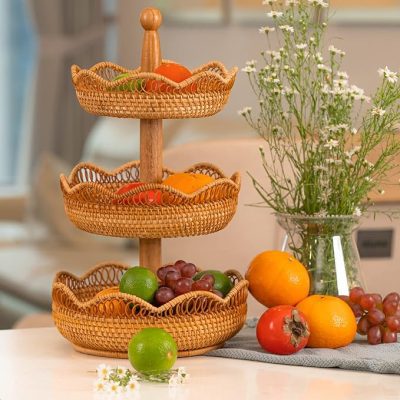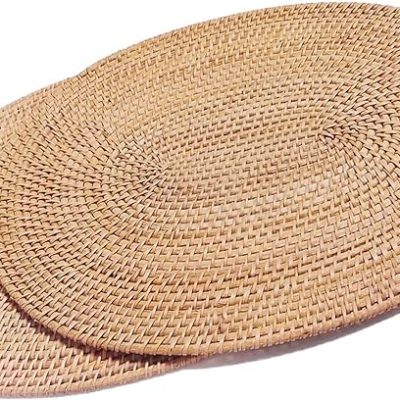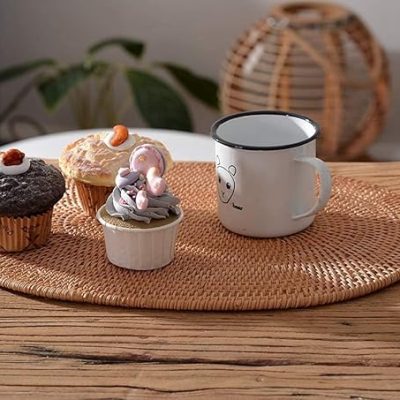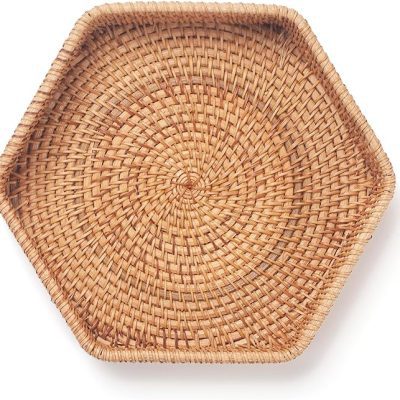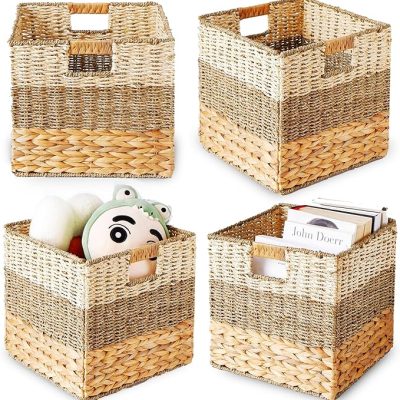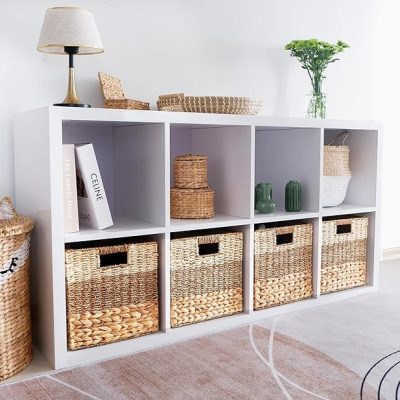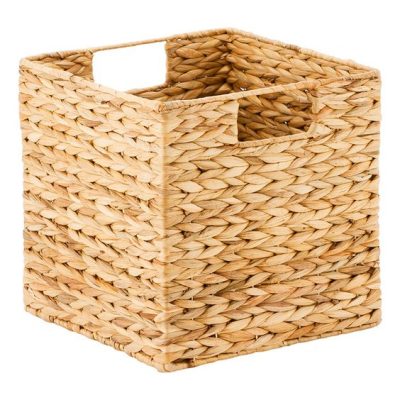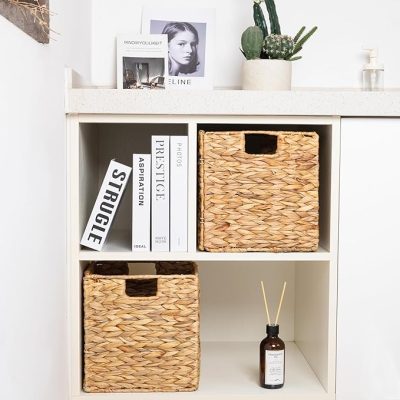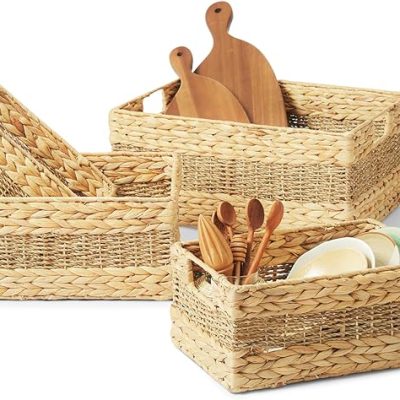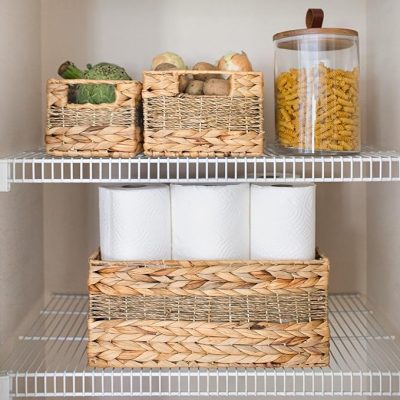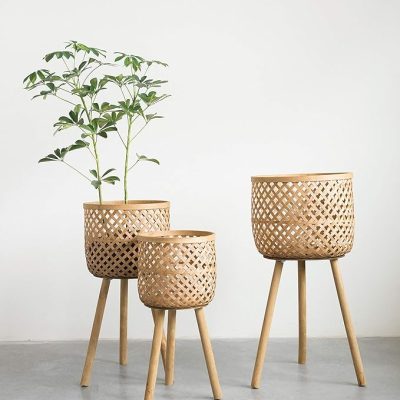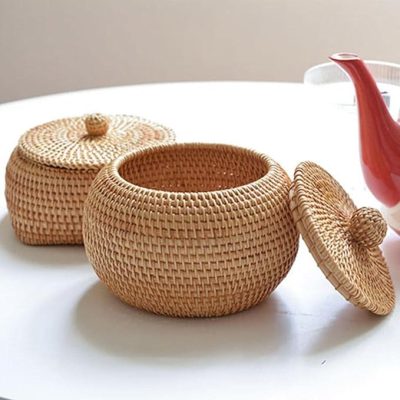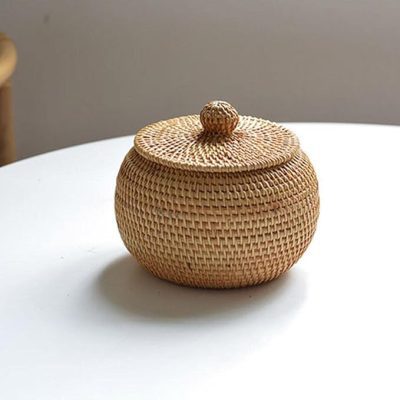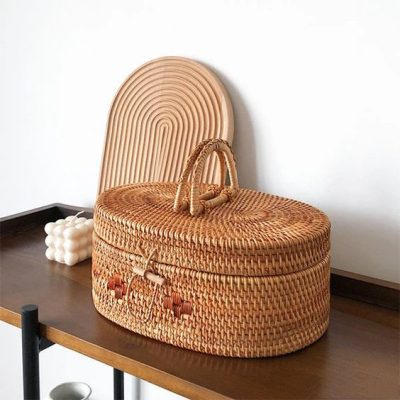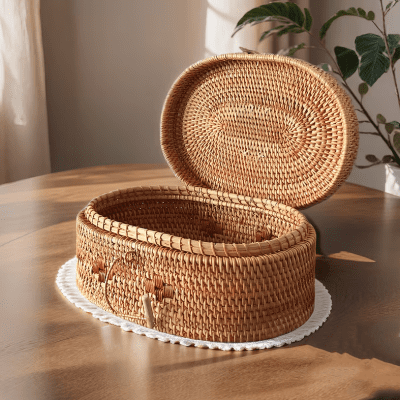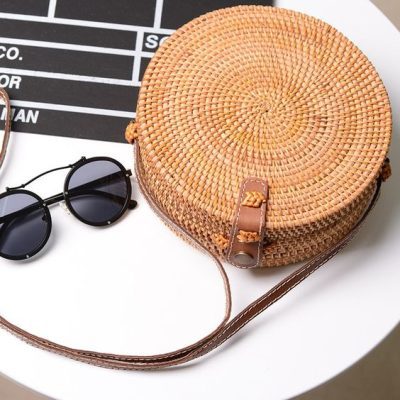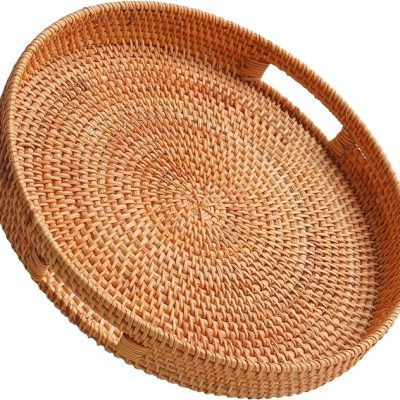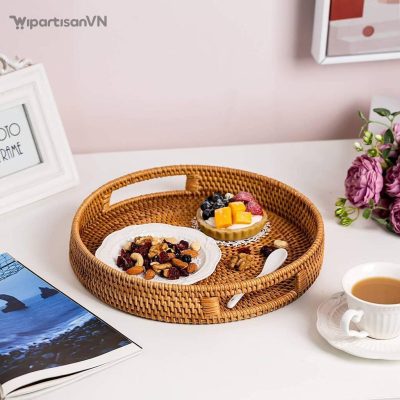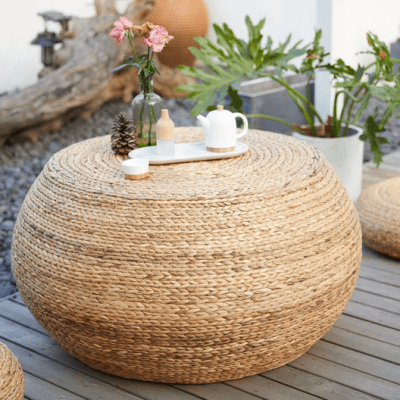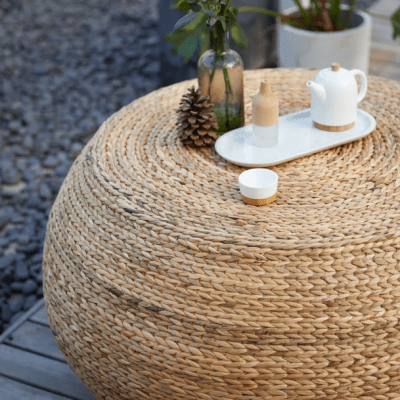No products in the cart.
Dive into the captivating realm of handicraft items, where tradition meets creativity in a symphony of artisanal craftsmanship. From textiles and pottery to woodwork and metalwork, each piece tells a story of cultural heritage and individual craftsmanship. Discover the beauty and authenticity of handicraft items as we delve into their unique appeal and timeless charm.
Handicraft Items
$25.95
$19.99
$49.99 – $57.99
$39.99
$49.95
$119.99
Handicraft Items
$17.99
$24.95
$22.99 – $37.99
Handicraft Items
Round Beige Wood Coffee Table Living Room and Garden Furniture
$79.95
What is a Handicraft?
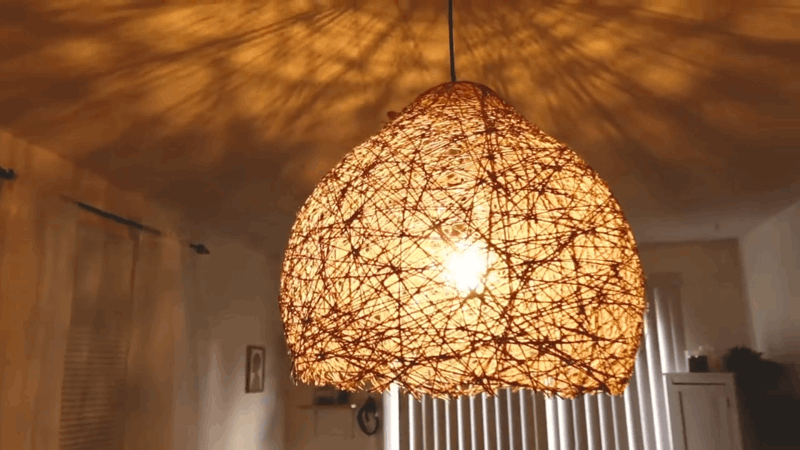
Handicrafts are handmade items crafted using traditional skills passed down through generations. They're made with care and precision, showcasing the artisan's skill and creativity. The world of handicraft is various, from intricately woven textiles to meticulously carved woodwork. They're typically produced in limited quantities and cherished for their individuality, craftsmanship, and cultural importance. Handicrafts are essential for preserving heritage, fostering sustainability, and sustaining the livelihoods of artisans globally.
Types of Handicraft that We should Know
Types of handicrafts offer a diverse range of artistic expression and cultural heritage, making them popular choices for home decor, gifts, and personal enjoyment. Some common types of handicrafts include:
- Textiles: This category includes items such as woven fabrics, embroidery, knitting, crochet, and batik. Textile artisans create intricate patterns and designs using various materials and techniques.
- Pottery and ceramics: In pottery, clay is shaped and fired to produce both ornamental and practical items like bowls, vases, and sculptures. Ceramics encompass a broader range of items made from clay, including porcelain and stoneware.
- Woodcraft: Woodworking involves carving, turning, and joinery techniques to create furniture, sculptures, decorative objects, and household items. To create their works, woodworkers employ many kinds of wood and tools.
- Metalwork: Metalworking encompasses a variety of techniques such as forging, casting, and soldering to shape metals like copper, brass, silver, and gold into jewelry, ornaments, utensils, and decorative objects.
- Jewelry making: Gemstones, beads, and other materials are used by jewelry artisans to create unique and wearable pieces of jewelry, including necklaces, bracelets, earrings, and rings.
- Basketry: Basket weaving involves weaving natural fibers such as straw, bamboo, rattan, and wicker to create baskets, trays, mats, and other woven objects for storage and decoration.
- Leathercraft: Using methods including cutting, sewing, and tooling, leather artists work with animal hides and skins to create leather goods like wallets, garments, belts, shoes, and purses.
- Paper crafts: Paper craft involves using paper and cardboard to create origami, papercutting, scrapbooking, card making, and other paper-based artworks and decorations.
Each of these handicraft types offers its own unique beauty and craftsmanship, enriching our lives and homes with their presence.
Benefits of Handicraft Items
Handicraft items offer numerous benefits beyond their aesthetic appeal. Here are a few of the main advantages:
- Cultural preservation: Handicrafts preserve cultural heritage and traditions, passing on valuable skills and knowledge to future generations.
- Economic support: Purchasing handicrafts directly supports artisans and local economies, providing sustainable income and uplifting communities.
- Environmental sustainability: Natural materials and environmentally friendly methods are frequently used in the creation of handicrafts, which encourage sustainability and lessen environmental effect.
- Uniqueness and personalization: Handcrafted items are unique and personalized, adding character and charm to decor, fashion, and gifts.
- Quality and durability: Handcrafted objects are made with care and attention to detail, resulting in superior quality and longevity than mass-produced products.
- Connection to tradition: Customers' appreciation of artistry and workmanship is fostered by the connection that handicrafts provide to artisanal customs and cultural activities.
Handcrafted goods generally improve lives, communities, and cultures all across the world and have advantages that go beyond their financial worth.
How to Decorate your House with Handicraft Items?
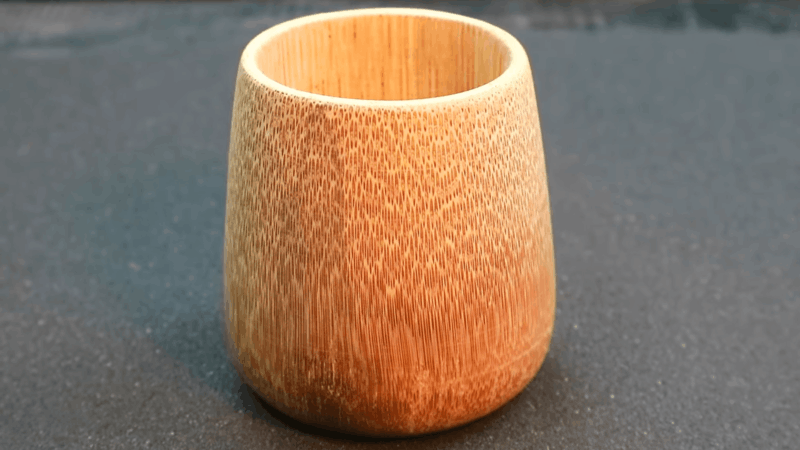
Using handcrafted decorations gives your home a distinctive charm and a personal touch. Selecting a topic that reflects your individual taste is the first step in adding handicrafts into your design. To provide visual appeal and texture, combine various handicrafts, such as metalwork, pottery, textiles, and woodworking. Use handicraft items as focal points or statement pieces in your decor, and arrange them in curated vignettes or displays.
Consider supporting local artisans and small businesses by purchasing handmade items directly from them. You may turn your house into a haven of artistic creativity and cultural diversity with a deliberate approach.
Which Items Will be Perfect for Home?
When selecting handicraft items for your home, consider the following options that are versatile and well-suited for various spaces:
- Handwoven rugs: Handwoven carpets made of natural fibers like cotton, jute, or wool will give your flooring a touch of coziness and texture.
- Artisanal pottery: Display handmade pottery pieces such as vases, bowls, and mugs to add organic shapes and earthy tones to your decor.
- Handcrafted textiles: Incorporate handmade textiles such as cushions, throws, and curtains to introduce color, pattern, and softness into your space.
- Wooden carvings: Enhance your decor with handcrafted wooden carvings, sculptures, and figurines that showcase intricate detailing and natural beauty.
- Metalwork art: Hang metalwork art pieces such as wall sculptures, sconces, and mirrors to introduce metallic accents and visual interest to your walls.
- Basketry: Use handwoven baskets and trays as decorative accents or practical storage solutions throughout your home.
- Ceramic decor: Display handmade ceramic items such as planters, candle holders, and decorative objects to add tactile and sculptural elements to your decor.
In addition to being aesthetically pleasing additions to your house, these handcrafted goods also showcase the artistry, ingenuity, and cultural background of their creators.
Balancing Modern and Traditional Elements in Home Decor.
Balancing modern and traditional elements in home decor involves blending contemporary design with timeless craftsmanship to create a harmonious and inviting space. To achieve this balance, mix sleek, clean-lined furniture and minimalist accessories with handcrafted items such as textiles, pottery, and woodwork. Incorporate traditional handicrafts as focal points or accents to add warmth, character, and a sense of authenticity to your modern interiors.
By thoughtfully combining modern sophistication with artisanal craftsmanship, you can create a home that feels both current and timeless, reflecting your unique style and personality.
Where to Buy Handicraft Items?
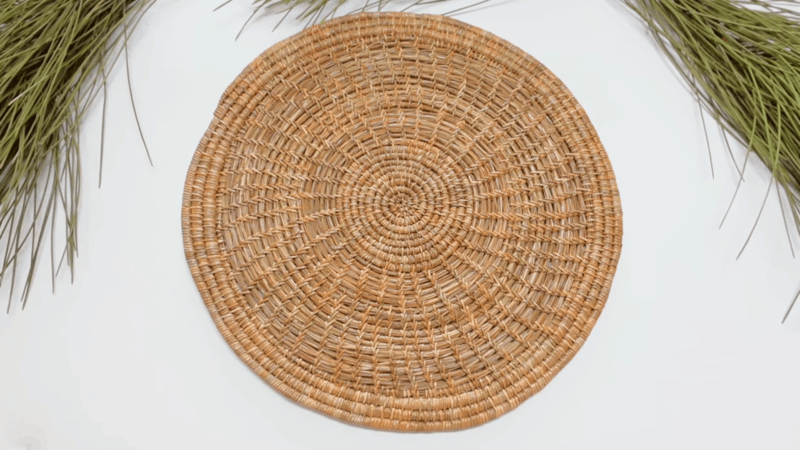
Handicraft items can be purchased from various sources, including:
- Artisan markets: Local artisan markets often feature a wide selection of handmade goods from talented artisans in your community. You can find distinctive handicrafts and support regional craftsmen at these marketplaces.
- Craft fairs and festivals: Festivals and craft fairs present the creations of artists from various areas and backgrounds. These gatherings provide an opportunity to speak with the creators, discover more about their trade, and buy handcrafted goods straight from them.
- Online marketplaces: Online platforms such as Etsy, Artfire, and Handmade at Amazon connect buyers with independent artisans and crafters from around the world. Visit WipartisanVN, an online platform dedicated to promoting Vietnamese artisans and their traditional handicrafts, offering a variety of unique and authentic items.
- Specialty boutiques: Many specialty boutiques and artisanal shops specialize in curating a collection of handmade and handcrafted items. These specialty shops frequently stock one-of-a-kind, fine handicrafts made by regional and foreign artists.
- Fair trade stores: Fair trade stores promote ethical and sustainable practices by offering handmade products sourced from artisans in developing countries. Purchasing from fair trade stores ensures that artisans receive fair wages and working conditions for their craftsmanship.
- Craft workshops: Some artisans offer workshops or classes where you can learn traditional handicraft techniques and create your own handmade items. Participating in these workshops not only allows you to acquire new skills but also supports the artisan community.
- Art galleries: Art galleries sometimes feature exhibitions or collections of artisanal crafts alongside fine art. Visiting art galleries can provide inspiration and opportunities to purchase unique and artistic handicraft items.
You may support artisanal craftsmanship worldwide and find a wide variety of handicrafts to adorn your home by looking through these many sites.
Welcome! How May We Assist You?
Frequently asked questions and answers regarding handicraft items:
What Makes Handicraft Items Unique?
Handicraft items are unique due to their handmade nature, individual craftsmanship, and cultural significance, resulting in one-of-a-kind creations.
How can I Incorporate Handicraft Items into my Home Decor?
You can incorporate handicraft items into your home decor by using them as focal points or accents in various rooms, such as displaying handwoven rugs, artisanal pottery, or metalwork art pieces.
Where can I Find Authentic Handicraft Items to Purchase?
You can find authentic handicraft items through local artisan markets, online marketplaces, specialty boutiques, fair trade stores, craft workshops, and art galleries.
What are the Benefits of Buying Handicraft Items?
Buying handicraft items supports cultural preservation, provides economic support to artisans, promotes environmental sustainability, offers unique decor options, and fosters a connection to tradition and artisanal customs.
Conclusion
Experience the beauty and authenticity of handicraft items as you decorate your home with a blend of modern and traditional elements. Let your living spaces reflect charm, personality, and a genuine love for handcrafted craftsmanship.

